People Who Lose Interest In Their Appearance As They Get Older Usually Have These 11 Reasons
Overcoming the pressure to constantly look younger gets exhausting.
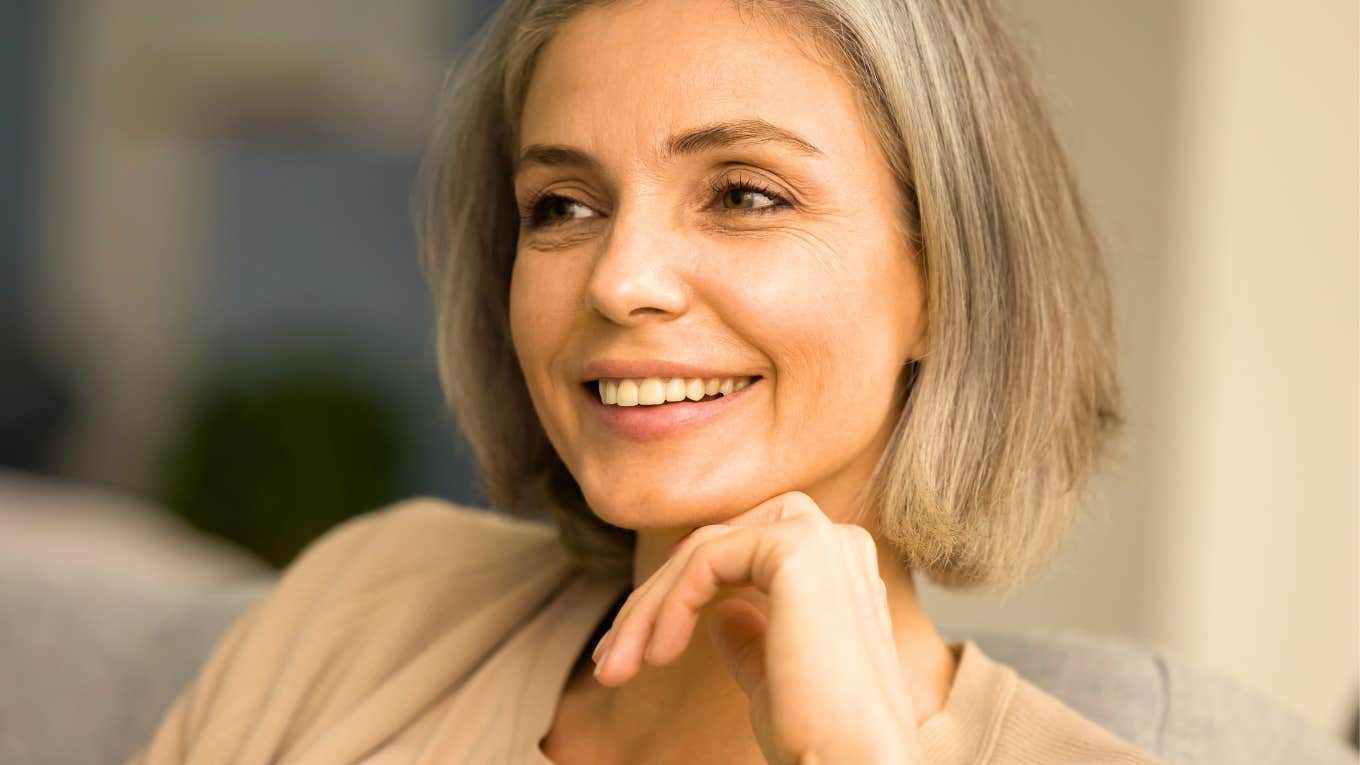 fizkes / Shutterstock
fizkes / Shutterstock While there’s certainly a complex discussion to be had about the effects of appearance and self-expression on self-esteem as people get older, for the most part, people become less concerned with how they look as they get older. Whether that means putting less effort into their outfit selections or prioritizing their personal preferences over what they think will earn them external validation, we start to care more about how we feel and less about how we look.
People who lose interest in their appearance as they get older usually have a diverse array of reasons. For some, it’s about comfort and familiarity, while for others, it’s about experimenting and avoiding the pull of comparison culture. While caring less about the way you present yourself to the world may seem like a negative thing, it can be incredibly empowering and grounding.
People who lose interest in their appearance as they get older usually have these 11 reasons
1. They have different priorities
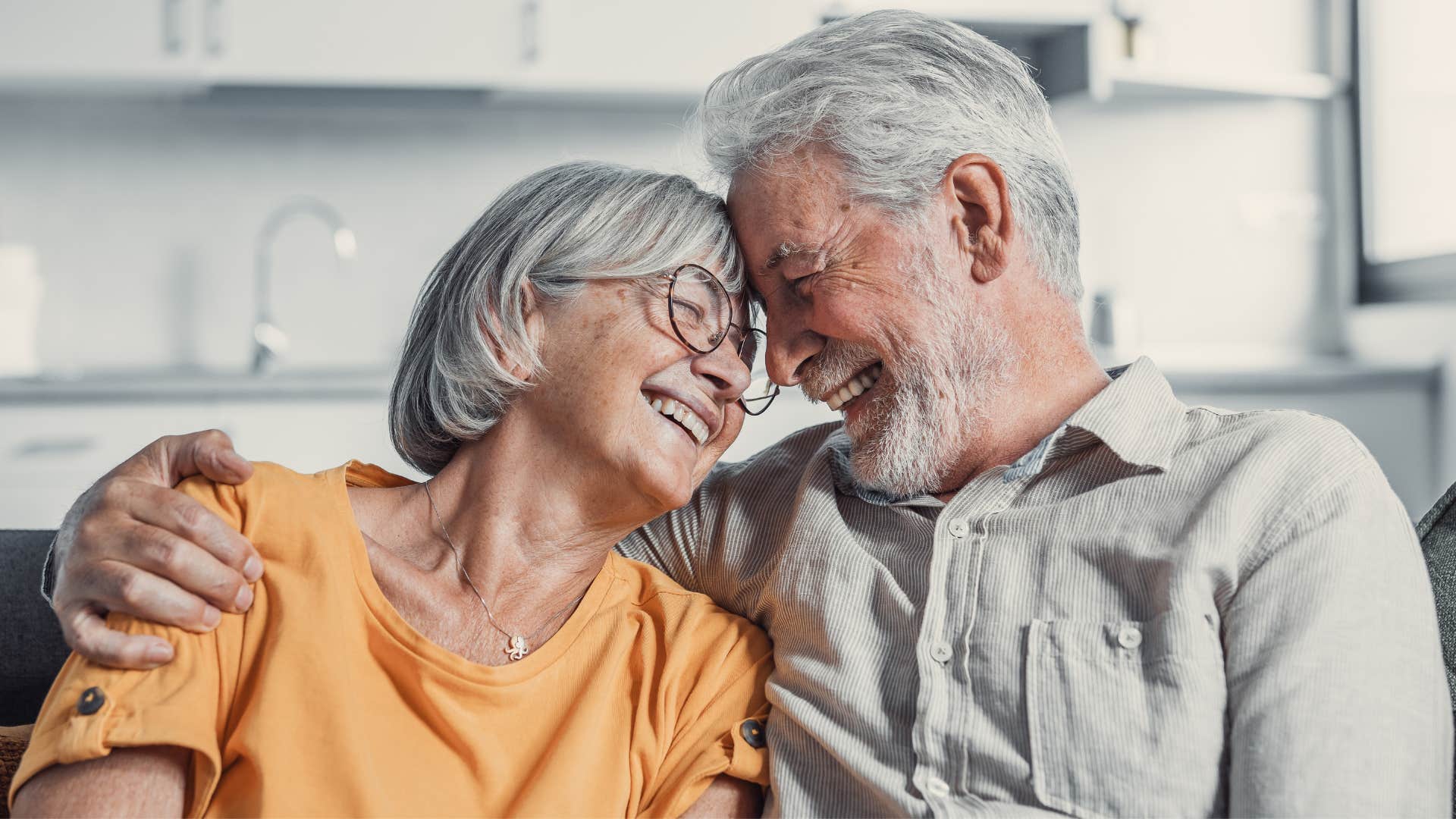 Perfect Wave | Shutterstock.com
Perfect Wave | Shutterstock.com
According to a study published by the Cambridge University Press, older women often start to care less about their appearance later in life when other financial, personal, and familial responsibilities take over. Their priorities shift, and they have less time to invest in perfectly curating their appearance to be “appropriate” for societal expectations and roles.
Especially for middle- and lower-class women who not only have less free time but also less financial freedom to invest in experimenting with hygiene, beauty, and expression, it’s not surprising that they lose interest in their appearance as they get older.
2. They’re internally confident
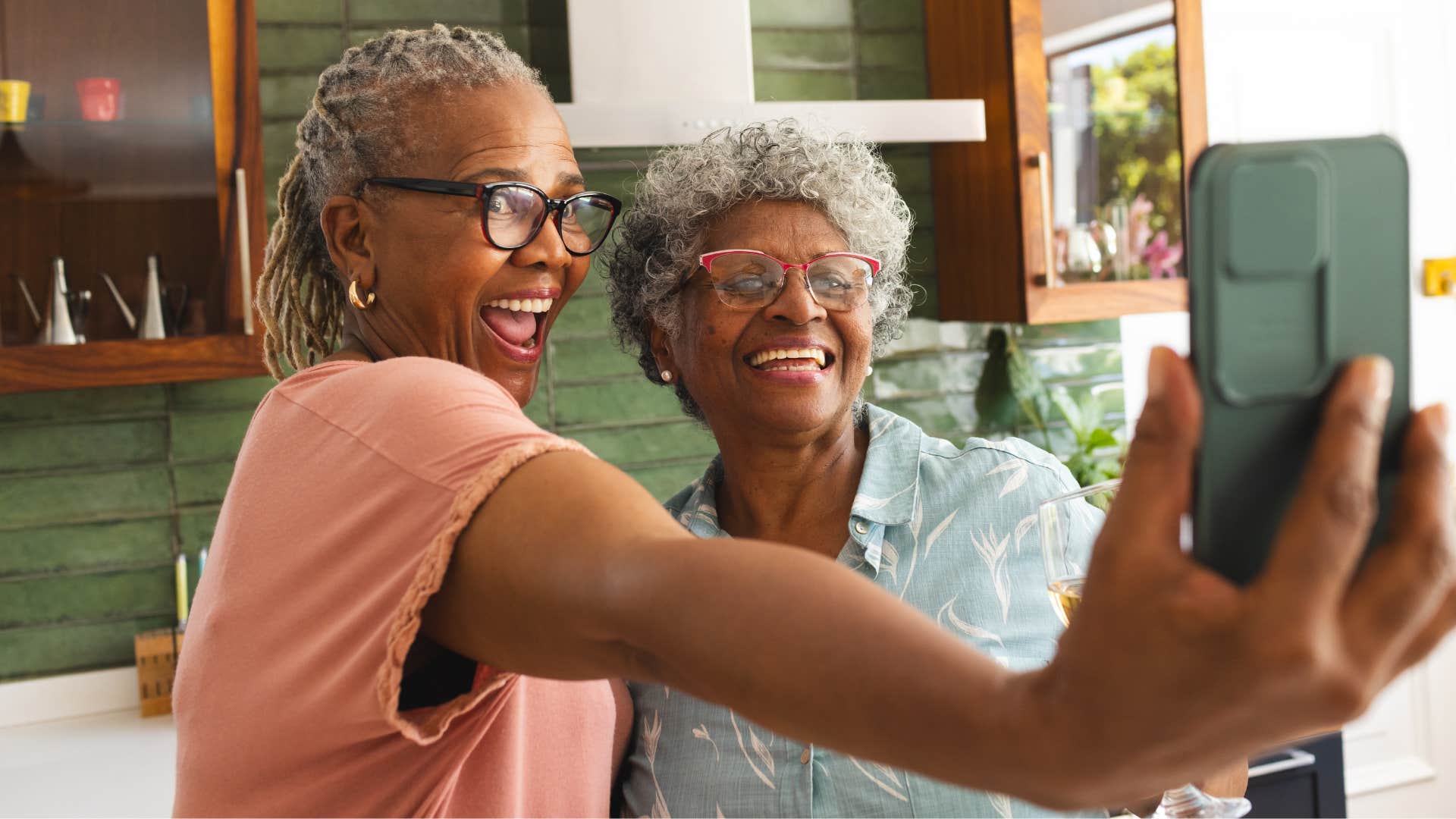 Wavebreakmedia | Shutterstock.com
Wavebreakmedia | Shutterstock.com
While it may seem ironic, our individualistic and self-centered culture often sparks more feelings of insecurity and inadequacy than a community-centric one, according to psychotherapist Padraic Gibson. Even when we’re hyper-focused on ourselves, our culture urges us to seek validation, attention, praise, and approval from others, rather than from ourselves.
However, people who lose interest in their appearance as they get older generally fall outside of that societal structure. They don’t seek validation, but rather craft their own approval mechanisms internally. Instead, they’re confident enough to express themselves however they want, without worrying about what other people might think of them.
3. They value comfort and functionality
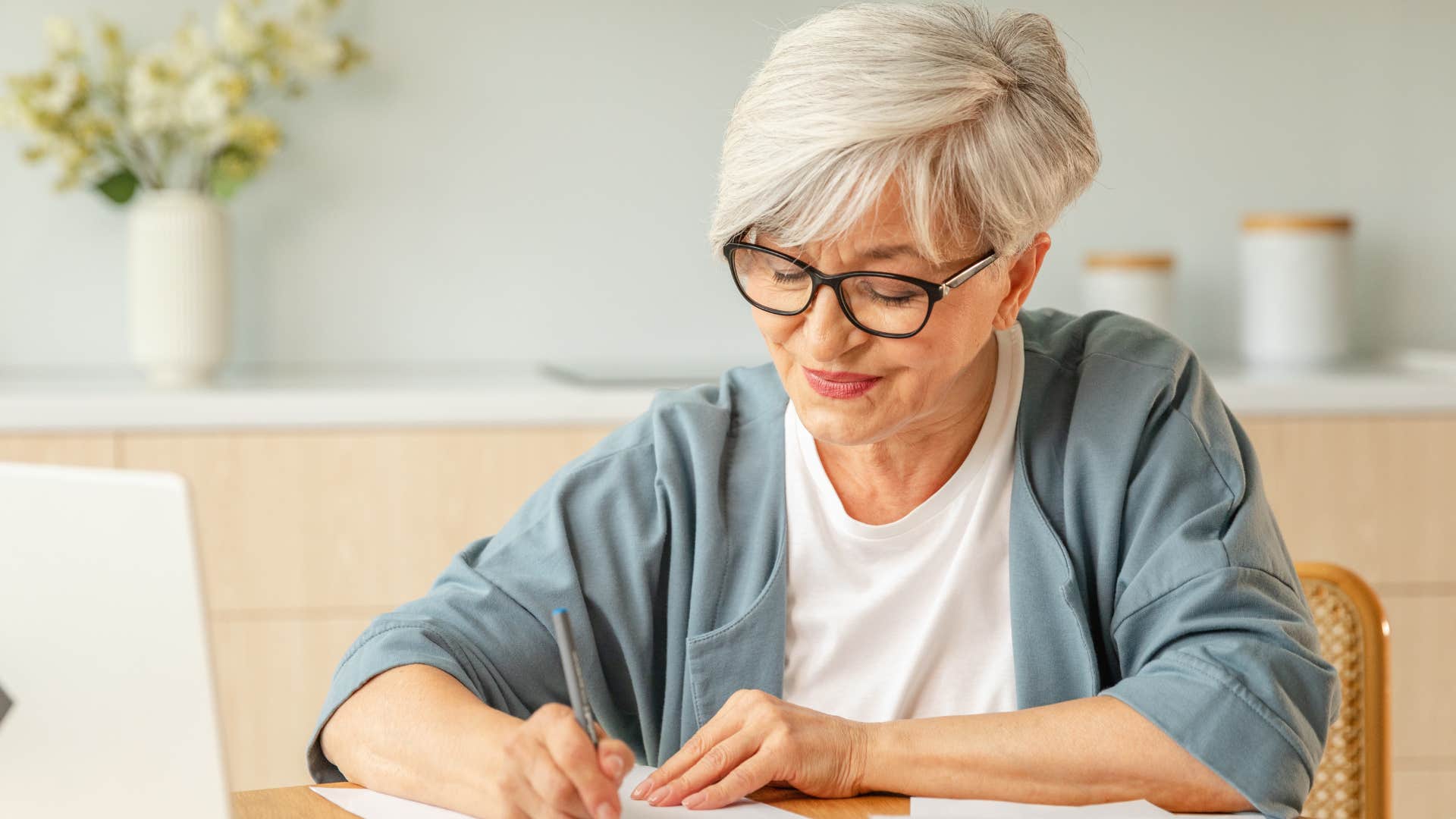 Julia Zavalishina | Shutterstock.com
Julia Zavalishina | Shutterstock.com
Part of the reason why so many older people experience loneliness and social isolation later in life is through the loss of community, connection, familiarity, and belonging, according to a study published in the Sage Open Aging journal. Whether it’s their relationships, the loss of a career, or hobbies that don’t make sense to them anymore, losing a piece of themselves can feel uncomfortable and unnerving.
However, being able to prioritize that comfort and familiarity in their self-expression can be grounding. While it might feel like these people are caring less about their appearance to others, they’re really looking out for themselves by giving their clothes and expression a new purpose.
4. They’re comfortable with aging
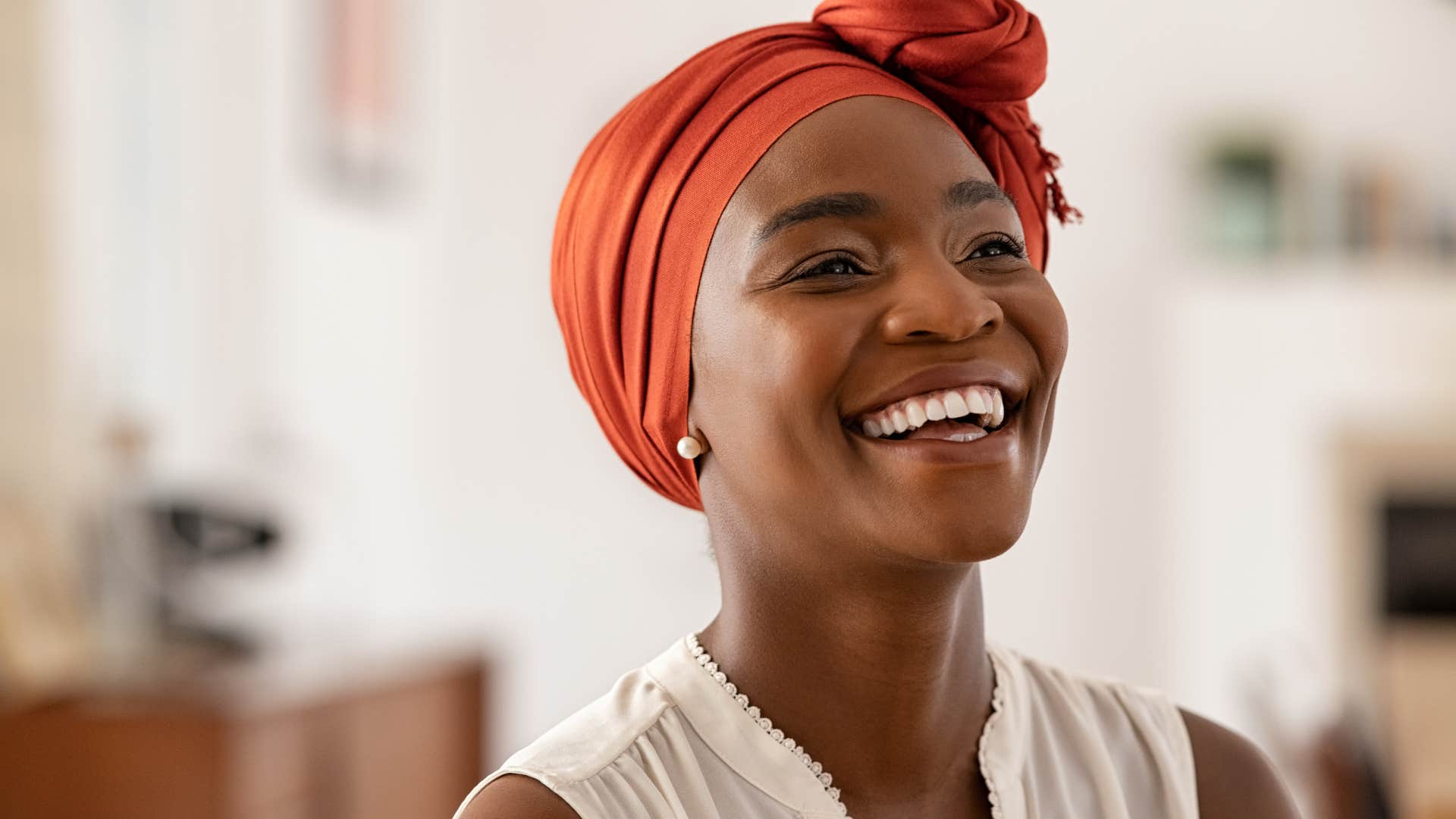 Ground Picture | Shutterstock.com
Ground Picture | Shutterstock.com
Societal pressures to look younger, specifically targeted at aging women, tend to significantly decrease individual self-esteem and life satisfaction, according to a study published in the Psychology and Aging journal. However, when people are more comfortable with aging and less susceptible to societal opinions and unrealistic expectations, they hold a profound sense of power over their joy and well-being.
People who lose interest in their appearance as they get older are rejecting social norms that pressure them to be inauthentic. They’d prefer to wear what they want, prioritize comfort when they want, and embrace aging, rather than push it away for the sake of gaining approval and praise.
5. They’re dealing with larger problems
 insta_photos | Shutterstock.com
insta_photos | Shutterstock.com
People who lose interest in their appearance as they get older are typically dealing with larger problems than putting money, energy, and time into their clothing, makeup, or hygiene. They would prefer to make deep connections, invest time in their relationships, and focus on their emotional intelligence rather than overstate the importance of their appearance to gain approval from others.
According to a 2017 study on mindfulness, part of the reason why older people tend to be happier and more present in their lives is their intention. They don’t waste time and energy trying to fit in, but instead are mindful about the relationships, struggles, and experiences they allow in their lives.
As they’ve gotten older and gained more life experience, they’ve recognized just how subtly toxic and futile dressing and expressing yourself for others is. They’re coping with grief, navigating loss, and grappling with heartbreak, so being more interested in their appearance for the sake of approval feels incredibly misguided and unsettling.
6. They don’t have the money
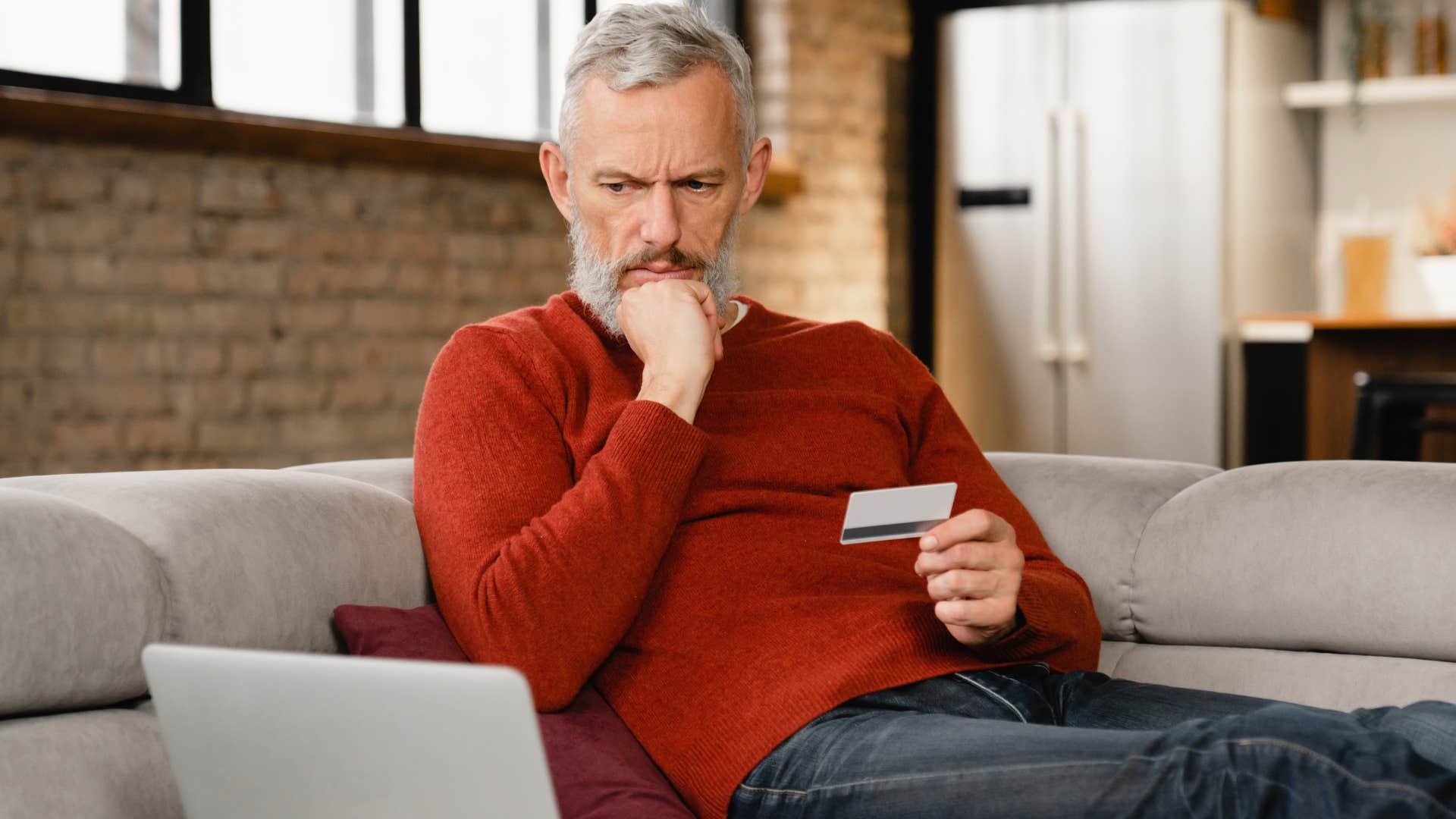 Inside Creative House | Shutterstock.com
Inside Creative House | Shutterstock.com
While it might seem obvious, people who lose interest in their appearance as they get older may not have the money to invest in caring. Whether it’s affording preventative healthcare visits, investing in skincare, or buying new clothes, many lower- and middle-class people aren’t able to afford anything beyond basic necessities.
Even completely outside of purely cosmetic consumption and appearance-driven purchases, higher-income people tend to be healthier and live longer than their lower- and middle-class counterparts. They not only have the money to fund medications, anti-aging products, cosmetics, clothes, and a million other expenses, they have the free time and knowledge to invest, compared to other demographics who are more concerned with affording groceries, planning for retirement, and helping their families and kids grapple with economic uncertainty.
7. They’re burnt out from social expectations
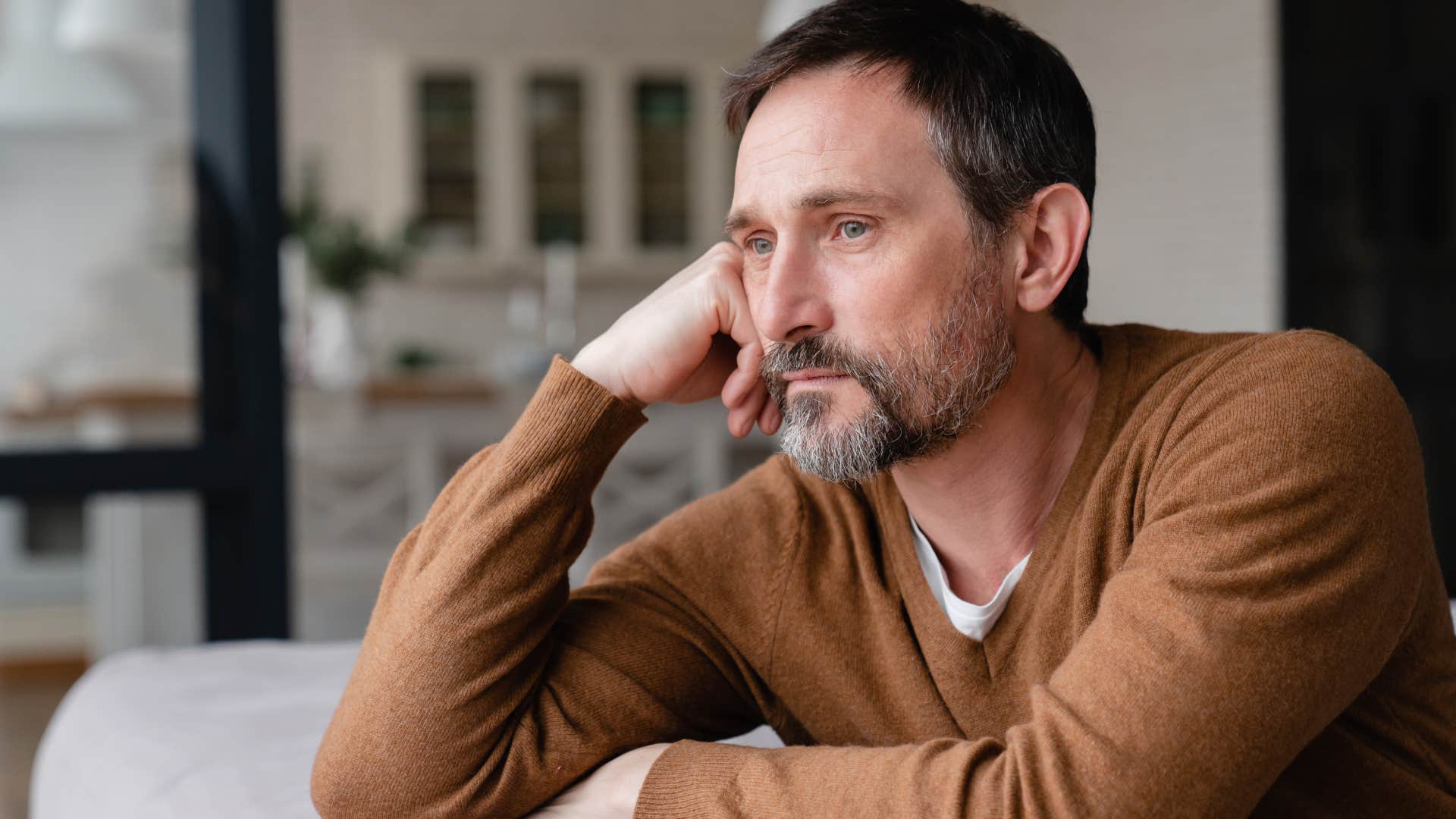 Inside Creative House | Shutterstock.com
Inside Creative House | Shutterstock.com
Many people who already have a lot on their plates grow less concerned with adhering to societal expectations and standards. They’re burnt out trying to fit in with everyone else, which is why they tend to shift their priorities as they age.
Even if it’s not necessarily societal fatigue they’re experiencing, being burnt out from their jobs and responsibilities can make caring about their appearance that much less of a priority in their daily lives. They’re struggling to find time to rest and take care of themselves, let alone invest time and energy into their appearance.
8. They don’t feed into consumerism
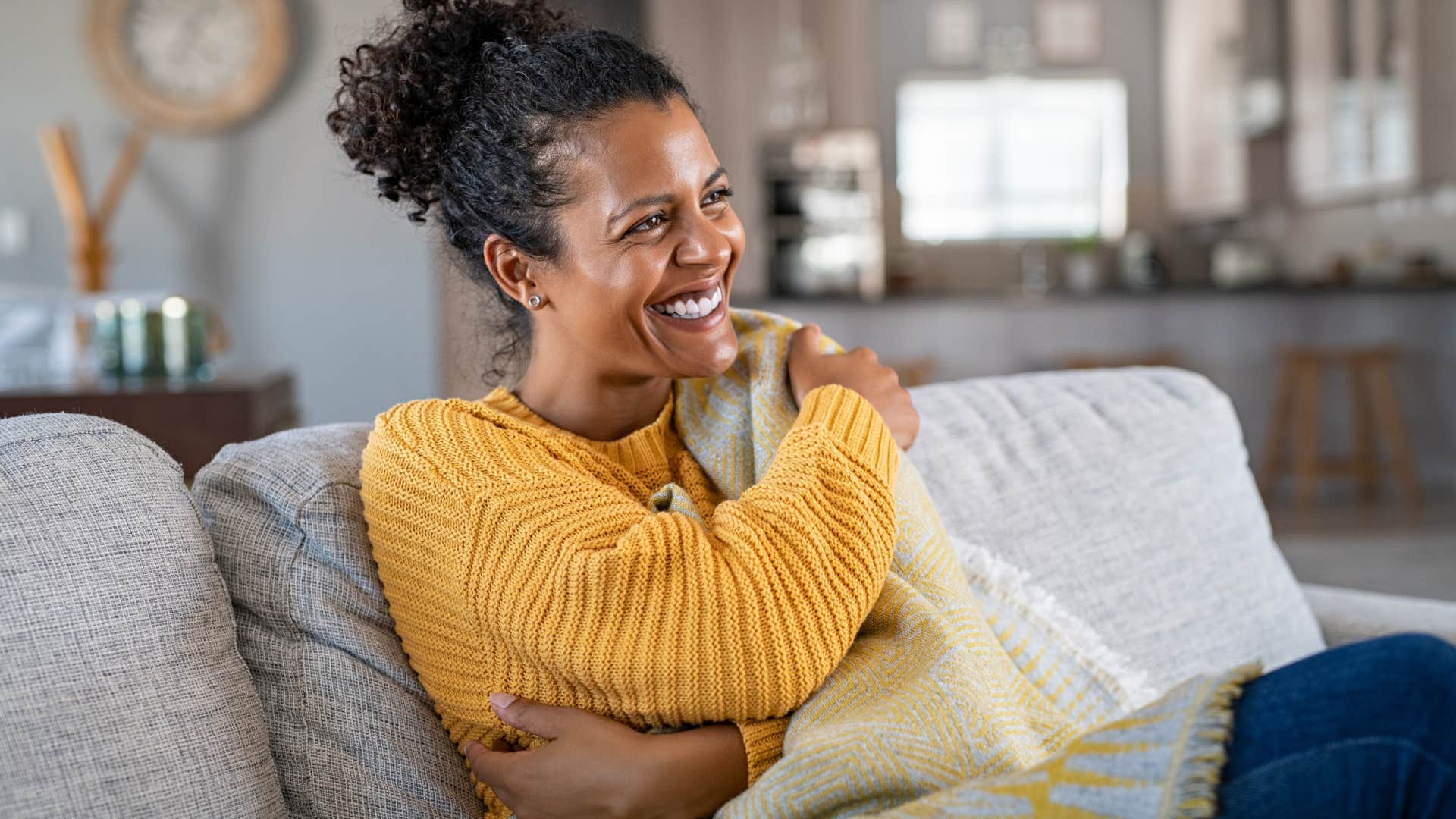 Ground Picture | Shutterstock.com
Ground Picture | Shutterstock.com
Consumerism fuels the anti-aging industry, profiting from insecurities and low self-esteem, while pushing advertising and beliefs that pressure people, especially women, to always look younger, smaller, and more attractive. However, people who refuse to feed into consumerism — ignoring pressures on their phones or cutting out desires from their life — are more likely to lose interest in their appearance as they get older.
They can see behind the veil, so there’s no reason to invest tons of time and money into their appearance when building personal wellness, relationships, and self-worth can make them feel more important and secure.
9. They don’t compare themselves to others
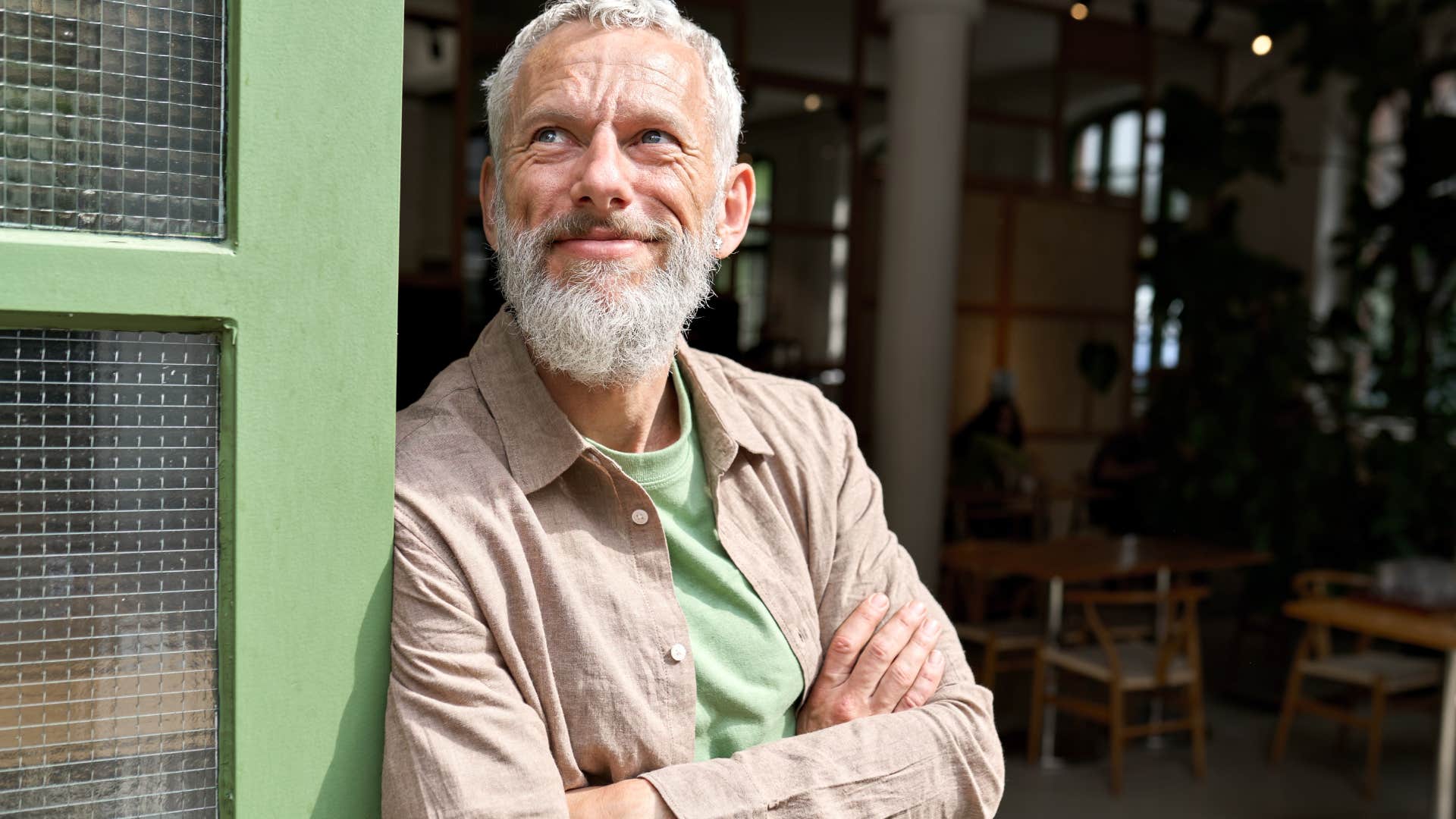 insta_photos | Shutterstock.com
insta_photos | Shutterstock.com
Comparison culture is pervasive in every generation in different ways. Whether it’s pressure from social norms, your upbringing, or anti-aging advertisements, everyone is pressured to compare themselves in toxic ways to purchase things, burn themselves out, and ignore inauthenticity for the sake of fitting in.
However, not comparing themselves to others is part of the reason why people lose interest in their appearance or trying to fit in and look a certain way as they get older. They’re more fulfilled internally, focusing on larger priorities and living an authentic life.
10. They’re limited by physical ailments
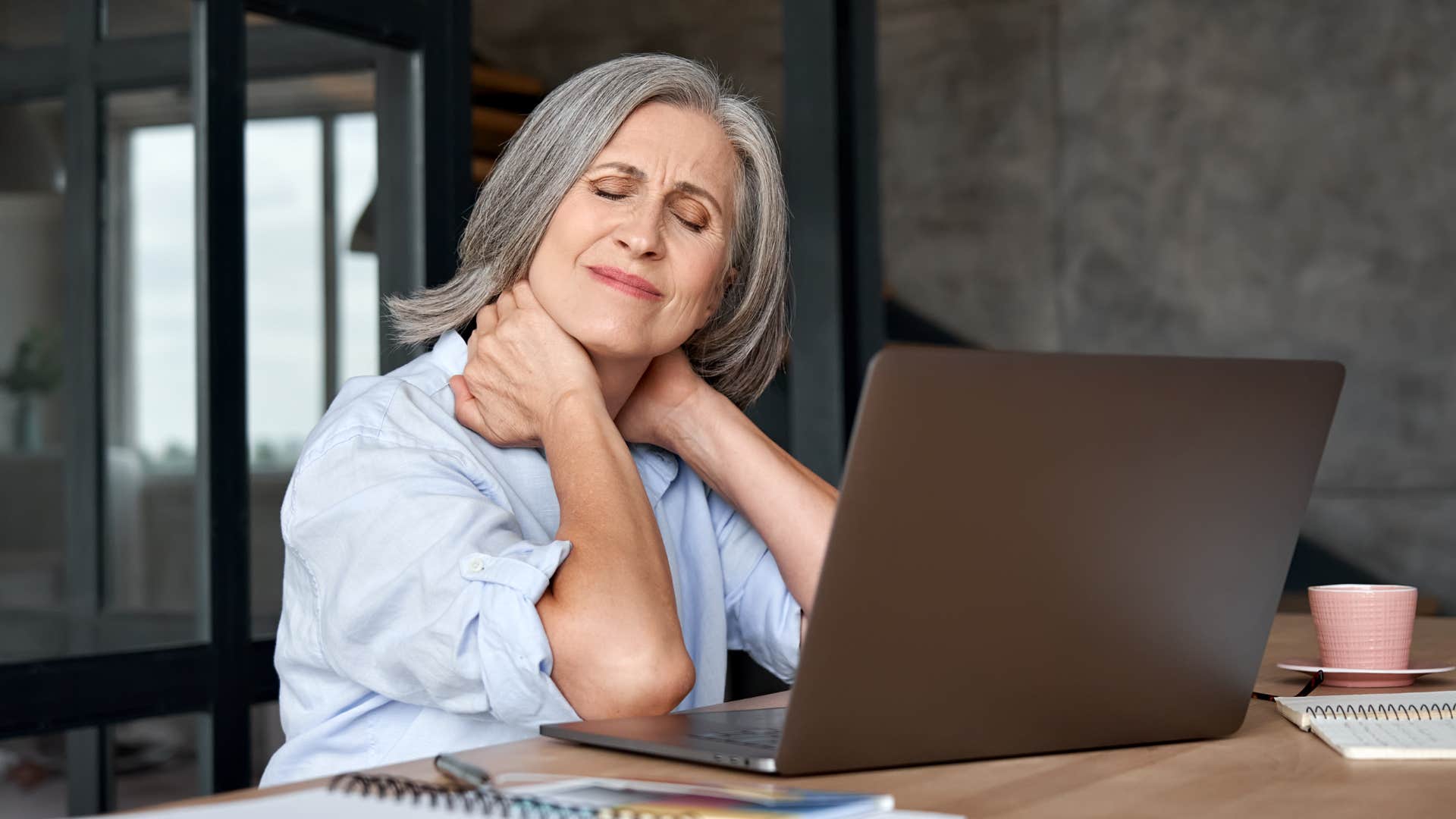 Ground Picture | Shutterstock.com
Ground Picture | Shutterstock.com
Appearance, health, and physical well-being are all inherently intertwined for older people. For some people who lose interest in their appearance as they get older, it’s because they don’t have the strength, physical capacity, or knowledge to truly look after it.
From brushing their hair to showering and even having the ability to go out and purchase new clothing, physical aging can spark limitations to people’s ability to care for themselves, even if they’re interested in doing so.
11. They’re focused on inner growth and peace
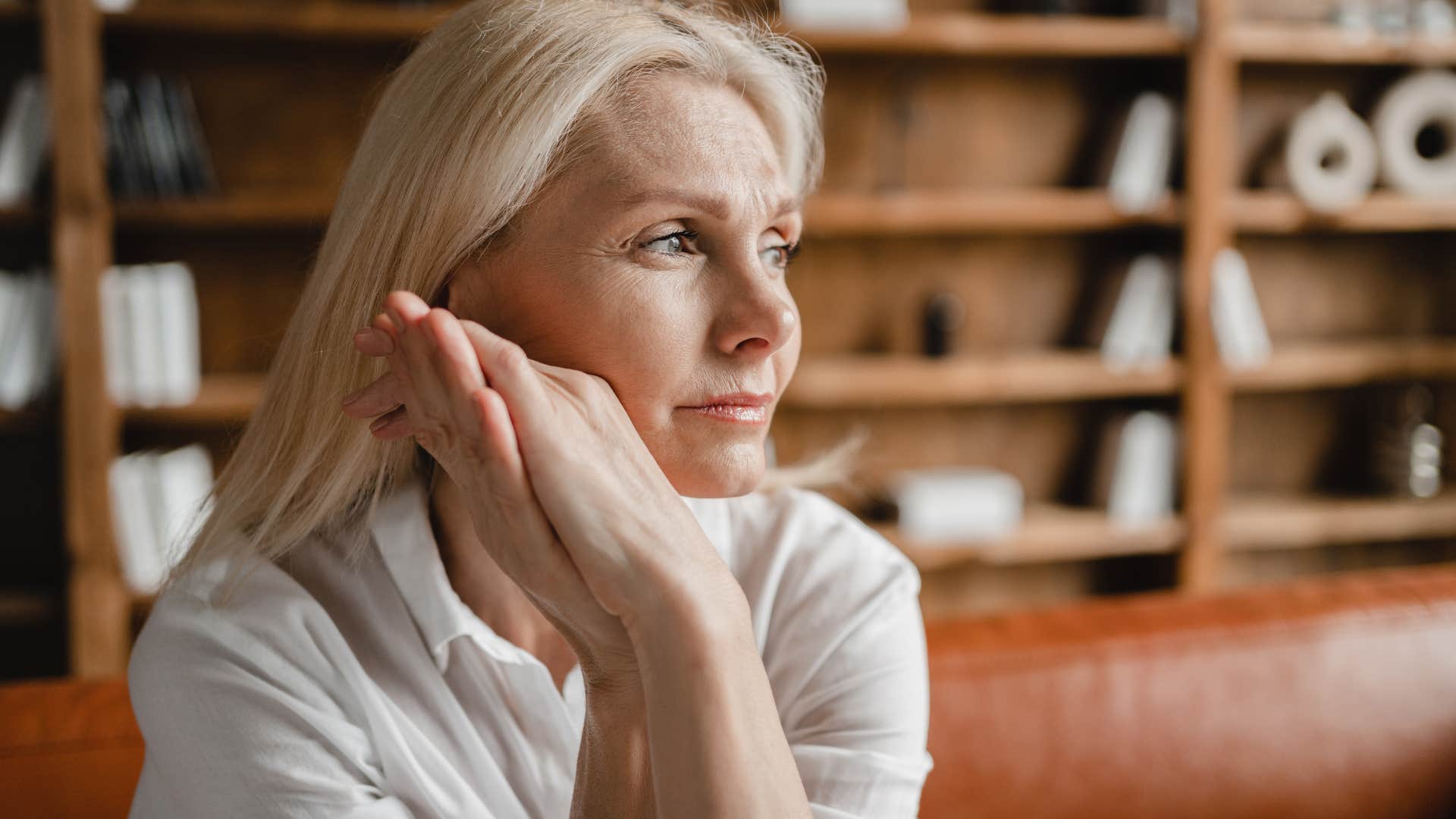 Inside Creative House | Shutterstock.com
Inside Creative House | Shutterstock.com
Sometimes, finding true inner peace and healing takes rejecting outward appearances, perceptions, and structural norms. It takes looking inward, connecting with your emotions, healing your inner child, and allowing yourself to be authentic, even if it doesn’t align with what other people or society expect from you.
This experience of healing and personal growth is part of the reason why many people lose interest in their appearance as they get older. They’re more focused on growing internal self-love, compassion, and growth.
Zayda Slabbekoorn is a staff writer with a bachelor’s degree in social relations & policy and gender studies who focuses on psychology, relationships, self-help, and human interest stories.

